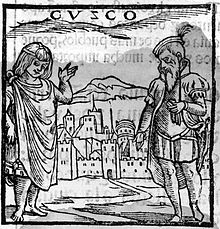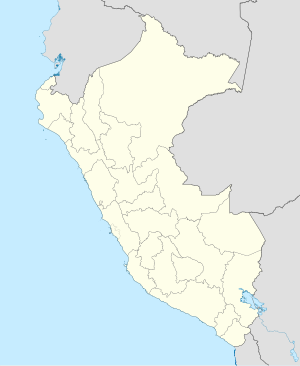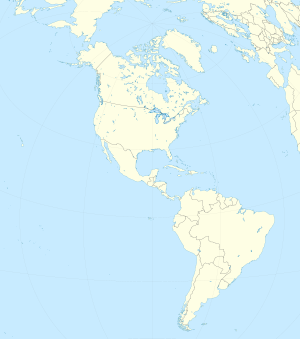Battle of Cusco
| Battle of Cusco (1533) | |||||||
|---|---|---|---|---|---|---|---|
| Part of the Spanish conquest of Peru | |||||||
 Capitulo-XCII | |||||||
| |||||||
| Belligerents | |||||||
|
| Inca Empire | ||||||
| Commanders and leaders | |||||||
|
Hernando de Soto Juan Pizarro Francisco Pizarro | Quizquiz | ||||||
| Strength | |||||||
| 250–300, 60+ cavalry and 3 guns | Unknown, but probably 10,000–100,000 | ||||||
| Casualties and losses | |||||||
| Minimal, mainly Native allies | Thousands, army routed | ||||||
The Battle of Cusco was fought in November 1533 between the Spanish Conquistadors and of the Incas.
The Battle
After executing the Inca Atahualpa on 26 July 1533, Francisco Pizarro marched his forces to Cusco, the capital of the Incan Empire. As the Spanish army approached Cusco, however, Pizarro sent his brother Juan Pizarro and Hernando de Soto ahead with forty men. The advance guard fought a pitched battle with Incan troops in front of the city, securing victory. The Incan army under the command of Quizquiz withdrew during the night.[citation needed]
The next day, 15 November 1533, Pizarro entered Cusco, accompanied by Manco Inca Yupanqui, a young Inca prince who had survived the massacre that Quizquiz had perpetrated against the nobility in Cusco. The Spanish plundered Cusco, where they found much gold and silver. Manco was crowned as Sapa Inca and helped Pizarro to drive Quizquiz back to the North.[1]
Two years later, Quizquiz was killed after being struck down by his own followers, leaving none to lead the Inca Empire since his only equal commander, Chalkuchimac, had been burned in captivity by the Spanish. Three years later Manco Inca Yupanqui fled from Cusco and tried to recapture the city with some 100,000 Incas, but ultimately failed after a ten-month siege.
References
- ^ "Pizarro executes last Inca emperor". HISTORY. Retrieved 2022-02-09.



